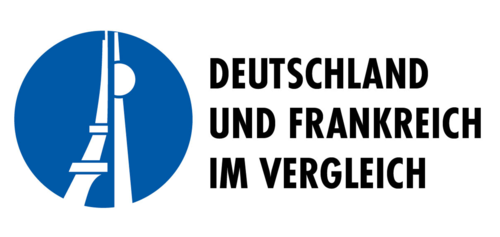Research Profile
The Center for Comparative Politics of Germany and France understands itself as part of the field of Comparative Politics, with a focus on politics, polity, and policy in Germany and France as well as their role in the EU. Real-world problems arising from the interaction of state, economy, and society in multi-level systems serve as the starting point for theory-driven comparative analyses. Analytically and conceptually, we employ actor- and institution-centered approaches that serve as a general theoretical framework, compatible with various research designs and forms of comparison: combining quantitative and qualitative analyses, comparing policies across countries, policy areas, and over time, as well as using mixed-methods designs that link case studies with medium-N comparisons (N = 30–90).
Comparative State Activity
In this focus area, we examine, from a comparative perspective, the design of policy instruments, their form and their contents. We study changes in economic, employment, and social policy resulting from external (EU policies) and internal influences (demographic change, party competition, etc.). At a higher level, we are consistently interested in the relationship between market and state.
Currently, this focus is represented at the department by the "SProcure" project.
EU Multi-Level System
This focus area centers on conflict within the EU multi-level system. We are interested both in conflict lines and cleavages within and between EU institutions, and in conflicts between the European and national levels. What shapes these conflicts? How do actors and institutions handle them? And under what conditions can they be (successfully) resolved?
In this area, the research group maintains the databases "PEU" (Position Formation in the EU Commission) and "SozPol".
Representation
In this focus area, we investigate how citizens are represented in elected governments and political institutions. The starting point of our analyses is a widely perceived representation deficit, particularly concerning women, economically disadvantaged groups, and ethnic minorities. We seek to measure this deficit and assess its effects on political decisions and outcomes. We also examine what responses to representation deficits have been developed in established democracies.
